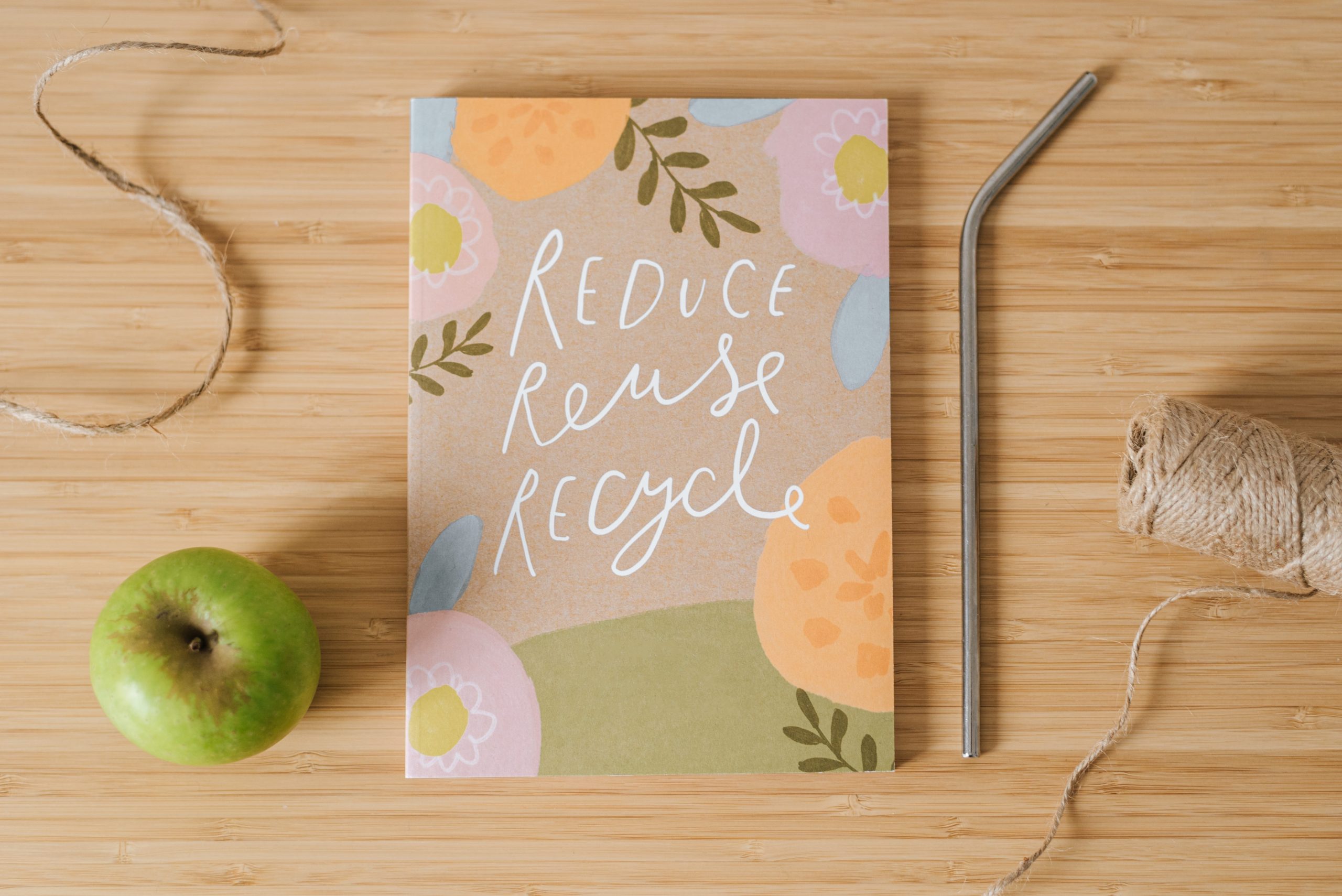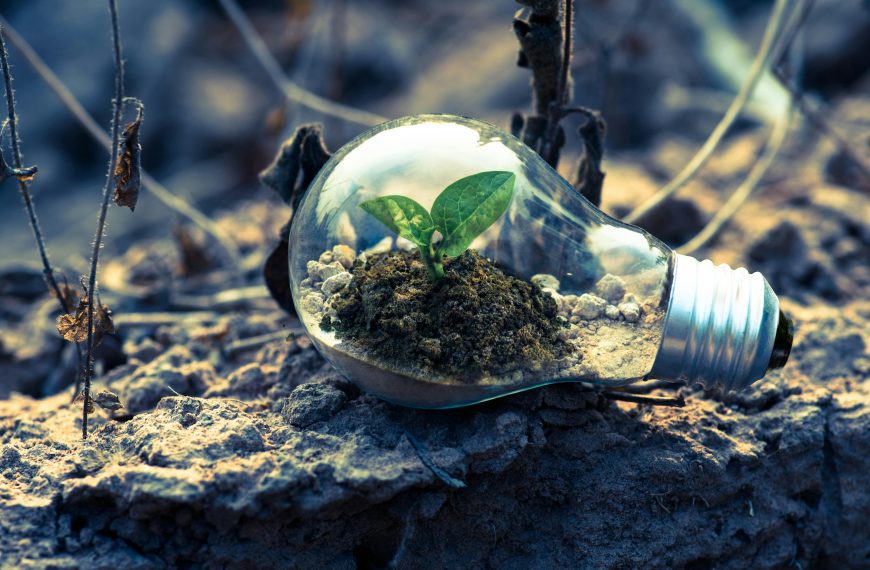In today’s world, where environmental concerns hold paramount importance, adopting an eco-friendly lifestyle has transitioned from being a passing trend to becoming an essential requirement. Among the myriad ways to positively contribute to our planet, upcycling and repurposing stand out as innovative practices that not only help reduce waste but also ignite creativity, leading us towards a more sustainable and harmonious existence.
Understanding the Essence of Upcycling and Repurposing
Upcycling and repurposing involve the transformative process of converting discarded or unused materials into functional items, thereby giving them a new lease on life. Unlike traditional recycling methods that often require energy-intensive processes to break down materials, upcycling and repurposing focus on discovering new purposes for existing objects. This unique approach reduces the demand for raw materials while effectively minimizing waste.
At their core, upcycling and repurposing embody the essence of resourcefulness. These practices inspire individuals to think beyond conventional boundaries, unveiling the latent potential in everyday objects that would otherwise find their way into landfills. Not only do these practices celebrate creativity, but they also foster a collective effort to reduce our carbon footprint.
Unleashing Boundless Creativity
One of the remarkable aspects of upcycling and repurposing lies in their ability to unleash limitless creativity. The possibilities are truly endless: from transforming discarded wooden pallets into trendy furniture pieces to repurposing glass jars into beautiful lanterns. Engaging in these activities encourages individuals to tap into their innate creativity and think outside the box, breathing new life into items that were once deemed useless.
What’s truly captivating about upcycling is the touch of history and uniqueness it brings. When an object is repurposed, it carries with it a sense of its past, reflecting the creator’s individuality. This not only adds value to the item itself but also creates a deeper connection between people and the objects they choose to incorporate into their surroundings.
Environmental Impact and Benefits
The environmental impact of upcycling and repurposing is profound. By diverting items away from landfills, we can alleviate the strain on natural resources and minimize the pollution associated with manufacturing new products. It serves as a tangible way to contribute towards reducing greenhouse gas emissions and preserving the delicate balance of our ecosystems.
Consider the impact of transforming a discarded wooden door into a charming dining table through upcycling. By circumventing the need to manufacture an entirely new table, we can substantially reduce our demand for timber resources and energy-intensive production processes. This single act not only prevents waste but also lessens the environmental burden tied to the creation of new furniture.
The economic benefits of embracing an eco-friendly lifestyle through upcycling and repurposing are equally compelling. High-quality items can often come with a hefty price tag. However, by repurposing materials, individuals can save a significant amount of money while still acquiring aesthetically pleasing items for their homes.
Additionally, the upcycling movement has given rise to a thriving market for repurposed goods. Many skilled artisans and craftspeople now specialize in creating items from discarded materials, offering consumers sustainable alternatives to mass-produced products. Supporting these artisans not only stimulates local economies but also fosters a more responsible and environmentally conscious approach to consumption.
Educational Value and Sense of Community
Upcycling and repurposing also hold educational value. Engaging in these activities helps people gain insights into the life cycle of products, the impact of consumption, and the importance of waste reduction. This knowledge can be passed down through generations, nurturing a sense of responsibility and care for our planet.
Furthermore, upcycling and repurposing initiatives foster a sense of community. Workshops and events dedicated to these practices bring people together, enabling the exchange of ideas, techniques, and inspiration as they collaboratively strive towards sustainable living. Promoting spaces that encourage the exchange of goods also nurtures a sense of connection and underscores the significance of collective effort in building a sustainable future.
Challenges and Considerations
While upcycling and repurposing offer numerous advantages, they are not without their challenges. Engaging in these practices demands creativity, time, and specialized skills. It may not always be feasible for everyone to transform discarded materials into functional items. Moreover, sourcing materials for upcycling can itself be a task, involving searches through thrift stores, garage sales, or online platforms.
Furthermore, there is a fine line between upcycling and hoarding. It is crucial to differentiate between items with potential for transformation and those that merely contribute to unnecessary clutter. Responsible upcycling involves discerning which items hold value for repurposing, while committing to avoiding the accumulation of unnecessary possessions.
A Pathway to a Sustainable Future
In a world grappling with the consequences of consumerism and environmental degradation, upcycling and repurposing offer an invigorating and pragmatic approach to adopting an eco-friendly lifestyle. These practices encapsulate creativity and a profound sense of responsibility towards our planet. By transforming discarded materials into functional items, individuals can curtail waste generation, conserve precious resources, and play a significant role in creating a sustainable future.
Each instance of rescuing a worn-out piece of furniture and granting it a new purpose, or transforming glass bottles into one-of-a-kind decorations, brings us closer to forging a profound connection between people and the environment. Upcycling and repurposing exemplify the beauty of turning the ordinary into the extraordinary, while embracing a future where our actions resonate positively with the world we inhabit.









